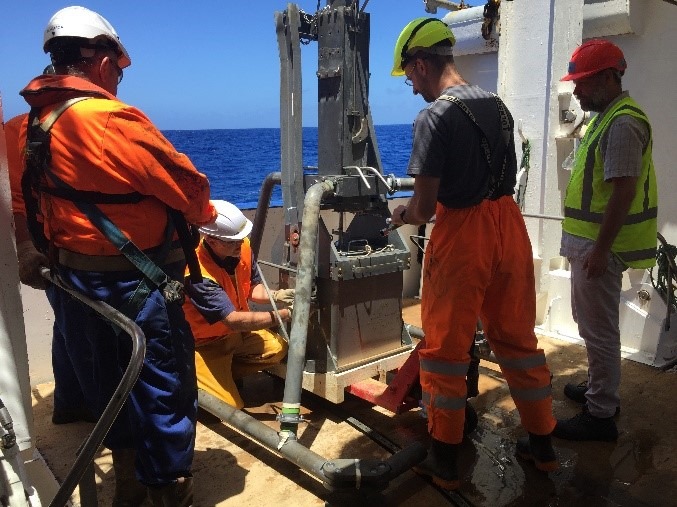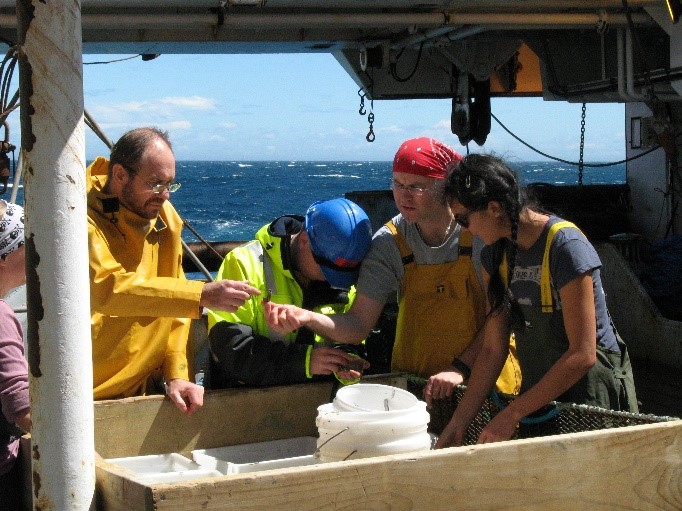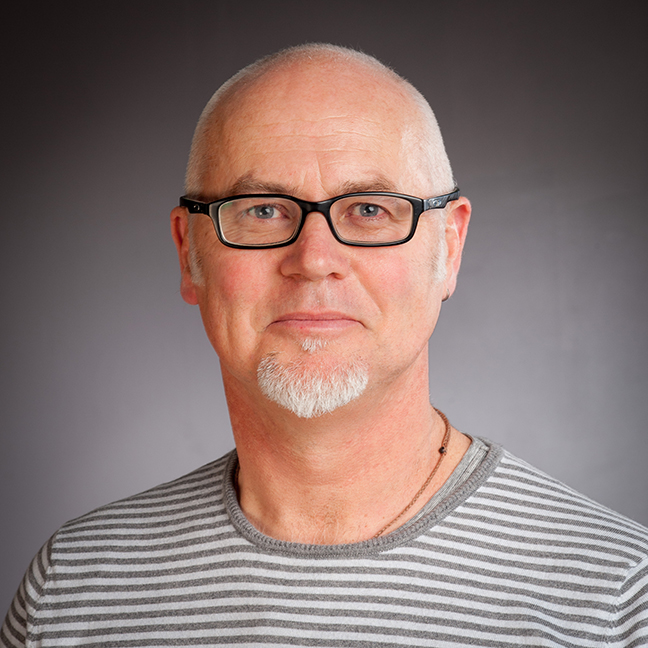Deep-sea ecology and environmental management
 Deep-sea research in New Zealand is concentrated largely in projects based at the National Institute of Water & Atmospheric Research (NIWA). This is because NIWA has the best access to the physical and technical resources necessary to conduct deep-sea research (e.g., ocean-going research vessel), and it is a large multi-disciplinary institute that employs a range of scientists (biologicals, chemists, physical oceanographers, geologists) focused on the marine
Deep-sea research in New Zealand is concentrated largely in projects based at the National Institute of Water & Atmospheric Research (NIWA). This is because NIWA has the best access to the physical and technical resources necessary to conduct deep-sea research (e.g., ocean-going research vessel), and it is a large multi-disciplinary institute that employs a range of scientists (biologicals, chemists, physical oceanographers, geologists) focused on the marine  environment. Researchers and students at Victoria University of Wellington are involved as collaborators in some NIWA-based projects, benefitting from the locational proximity of the main NIWA campus in Wellington, and the home port of the RV Tangaroa. I am employed both at NIWA and the university, to help enhance these links.
environment. Researchers and students at Victoria University of Wellington are involved as collaborators in some NIWA-based projects, benefitting from the locational proximity of the main NIWA campus in Wellington, and the home port of the RV Tangaroa. I am employed both at NIWA and the university, to help enhance these links.
My research interests are largely focused on examining the drivers and processes that control and maintain biodiversity in the marine environment. Specifically, I’m interested in exploring the relationship between the biodiversity of seafloor fauna and habitat heterogeneity, productivity and disturbance. To understand these relationships, I have been involved in research in a range of marine habitats from the intertidal to the deep-sea. Some of his research has concerned applied aspects of marine science: such as determining the effects of fishing, aquaculture and seabed mining on seafloor fauna, and the production of habitat suitability models, environmental classifications, and ecological risk assessments for conservation and management purposes. I’m also interested in the philosophical, ecological, and practical issues that relate to identifying and describing 'biological communities'.
I’m currently working of projects looking at the impact of disturbance by seabed mining and turbidity currents on seafloor communities in the deep sea, and those that involve the development of habitat suitability models for the management of impacts on vulnerable marine ecosystems.
Prospective Students
I’m happy to discuss potential postgraduate research with students with an interest marine ecology, particularly those with a desire to produce knowledge that can be used for conservation and other aspects of marine environmental management. For a PhD project, it is best if you have a Master's degree that has a marine ecological theme. You will also need funding support (e.g., a scholarship) to undertake a PhD. Look at the VUW scholarship web page for information, but there are also other national and international potential funding sources – check them out also. For Master's students, scholarships can be difficult to obtain and self-financing may be necessary. When you have a reasonably good idea of your interests, and consider that they align in some way with mine, and understand how you might fund your study – then please contact me by email to discuss the prospect of postgraduate research.
Contact
Professor of Marine Biology
School of Biological Sciences

